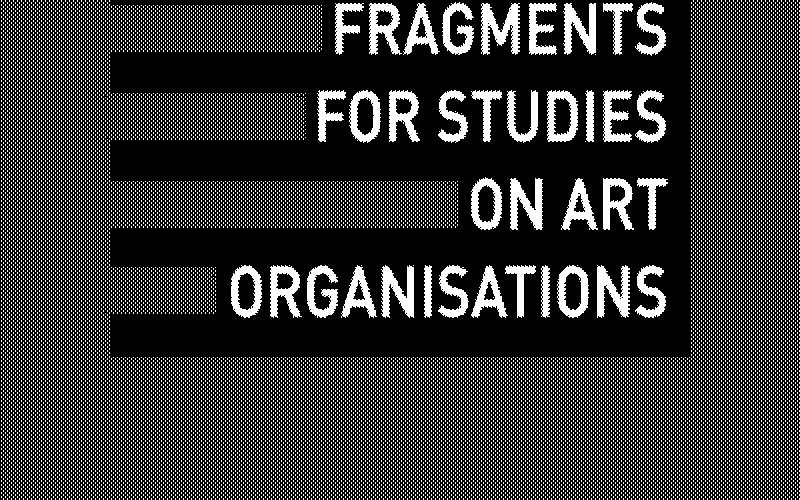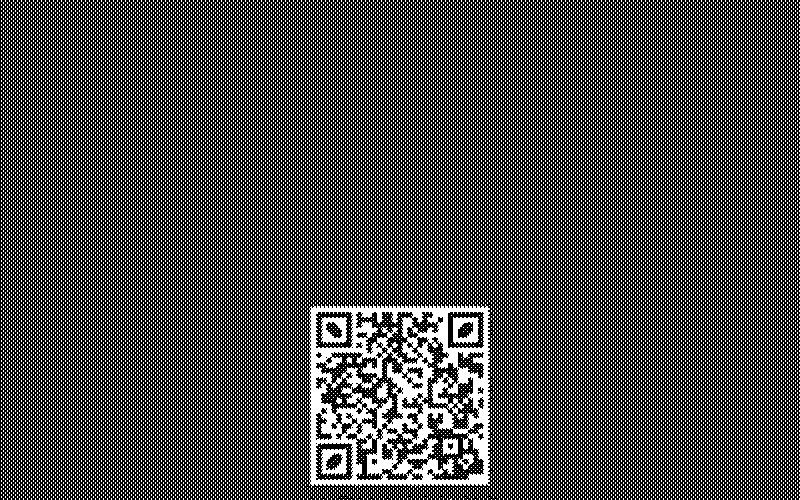kuda.org announce: the new publication Fragments for Studies on Art Organisations, Volume 1
kuda.org announce: the new publication
Fragments for Studies on Art Organisations, Volume 1
The publication 'Fragments for Studies on Art Organisation' is part of the project Art Organisation which has been conceived as an introduction to the research of the ways of (self) organisation, group action and working conditions (collective production and collective generation) of ‘non-institutional’ artistic practices in the Yugoslav and post-Yugoslav space. Our interest in art organisation goes beyond artistic frameworks. What we are really interested in is how to act collectively in society today.
During 2017, our work on the project began with interviewing participants and protagonists of the Contemporary Art Scene in Yugoslavia. This work continued in 2018 and 2019, when the respondents were theoreticians and art historians, as well as artists who realized their practice through group art work. The result of this research is an archive consisting of interviews, documentation of works of art and critical texts written during the project through the Fragments for Studies on Art Organizations. In July 2020, a series of public talks Vectors of collective imagination in art were conducted through webinars - a collaborative research working group analyzed and reviewed the materials created during the project. This working group created a model for collective critical rewriting of the art history of the (post) Yugoslav cultural space and critical action with the generated archive. The webinar format for these sessions was chosen due to the changed circumstances that arose during COVID-19.
The result of the collective analysis contributed to the authors of the essays improving the conclusions and theses that are integrated in the collection 'Fragments for Studies on Art Organizations', which in its final form contains the following texts:
- Ana Vilenica: A View on the Fragments on the Yugoslav Artistic ‘Non-institutional’ Collective (self-)Organisation
- Lina Džuverović: Collaborative Actions, Continued Omissions: Notes Towards a Feminist Revisiting of Yugoslav Collectives in the 1960s and 1970s – the Case of the OHO Group
- Milica Pekić: Art Collectives as Platforms of Confrontations – a Case Study: January / February, Assassination
- Stevan Vuković: “Maj 75” and “Prvi broj (First issue)” in the Framework of Infrastructural Activism
- Andrej Mirčev: The Split and Dialectic of the Collective: the Case of Kugla Glumište
- Leila Topić: ‘Check this out, man!’ – Potentially Important, Activities of the Group ViGo and Improvisational Music
- Ana Peraica: 24 Hours Inside the “Red Peristyle”
Editorial team: Ana Vilenica, Darija Medić, Stevan Vuković & kuda.org
Publisher: New Media Center_kuda.org
Language: Serbo-Croatian, English
Translation: Nebojša Pajić, Pavle Ivanović
Proofreading: Nebojša Pajić, Ashley Gould, kuda.org
Cover page: Darija Medić, a replica of the visuals for webinars and public talks from July 2020
Graphic design: kuda.org & Sputnik, Novi Sad
Print shop: Artprint media doo, Novi Sad
ISBN 978 -86 -88567-22- 0
COBISS.SR-ID 42820617
The Art Organisation project began with a series of video interviews with participants and protagonists of the Yugoslav and post-Yugoslav art scenes, which, together with other collected material, comprise part of the emerging archive. The collected material was presented on a timeline in order to organise material for future interpretation and translation activities. We do not want to use the timeline to say that there is some consistent linear history of the art of collective practices that we strive for, but to place them in a certain context and to emphasise the differences between individual moments determined by the ways of production and reproduction, ideologies, events, discussions, affects,
in short, the atmosphere of struggle.
The main goal of this project is to establish a field of research, which will be focused on collective processes in the (post) Yugoslav space rather than the products of such work.
In the period from 2017 to 2020, the following were interviewed: Dunja Blažević, Dejan Sretenović, Branka Stipančić; Janka Vukmir; Nebojša Vilić (Небојша Вилиќ); Zdenka Badovinac; OHO group (Marko Pogačnik); Family of Clear Streams (Božidar Mandić); IRWIN (Miran Mohar and Borut Vogelnik); ŠKART group (Đorđe Balmazović and Dragan Protić); Labin Art Express (Dean Zahtila); Magnet group (Jelena Marjanov, Ivan Pravdić and Siniša Rešin-Tucić); Multi-media Institut (Tomislav Medak i Petar Milat); WHW – Who, How and Who for (Ivet Ćurlin and Ana Dević); Janez Janša, Janez Janša, Janez Janša; FOKUS group (Iva Kovač and Elvis Krstulović).
Video archive Art Organization Through Time was presented at the Exhibition Art Organization in the Gallery SULUV in Novi Sad during July 2020 and partly has been graphically presented in the publication 'Fragments for Studies on Art Organizations', including selected transcripts, segments-quotations by Sezgin Boynik, Marko Pogačnik, Dunja Blažević, Zdenka Badovinac, Dejan Sretenović, Miran Mohar and Borut Vogelnik from the group IRWIN, Božidar Mandić and Katja Praznik, and you can watch the entire video archive at: https://kuda.org/en/art-organization-through-time-video-archive
***
Fragments for Studies on Art Organisations is a catalog of the Art Organization project initiated as an introduction to research into the ways of (self) organization, group dynamics and working conditions (collective production) of ‘non-institutional’ artistic practices in Yugoslav and post-Yugoslav era.
This book was published as part of the Vectors of Collective Imagination project, a joint project of the Multimedia Institute, Berliner Gazette, Glanta, Kontrapunkt, kuda.org and Kulturtreger. The project is supported by the Creative Europe program of the European Union including the support of the Ministry of Culture and Information of the Republic of Serbia, the City Administration for Culture of the City of Novi Sad and the Foundation for Arts Initiatives.
The content and views set out in this publication are those of the author and do not necessarily reflect those of the donors, who cannot be held responsible for any use which may be made of the information contained therein.



